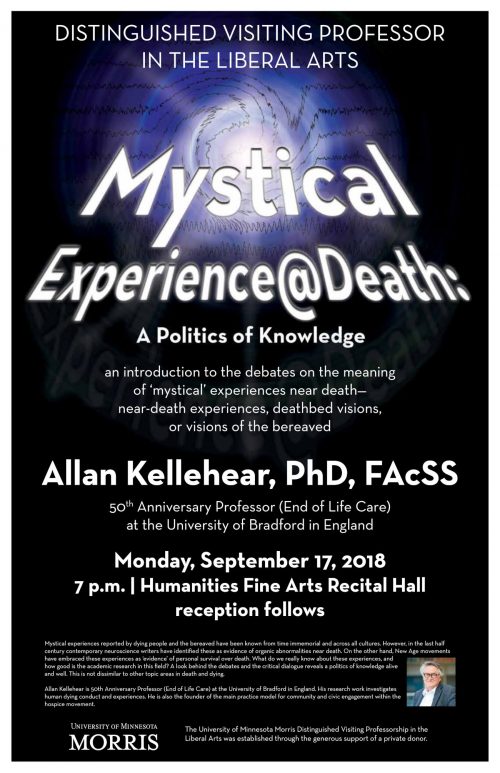Does this sound awfully familiar to you: “Democratic politicians who constantly echo courageous populist themes in speeches, news releases and election ads, and then often uses the party’s governmental power to protect the status quo and serve corporate donors in their interminable class war”? David Sirota tears into the smug complacency of corporate Democrats. It felt good to see someone calling them out.
Amid an upsurge of populist energy that has alarmed the Democratic establishment, a new wave of left-leaning insurgents have been using Democratic primaries to wage a fierce war on the party’s corporate wing. And, as in past presidential primary battles, many Democratic consultants, politicians and pundits have insisted that the party must prioritize unity and resist grassroots pressure to support a more forceful progressive agenda.
Not surprisingly, much of that analysis comes from those with career stakes in the status quo. Their crude attempts to stamp out any dissent or intraparty discord negates a stark truth: liberal America’s pattern of electing corporate Democrats – rather than progressives – has been a big part of the problem that led to Trump and that continues to make America’s economic and political system a neo-feudal dystopia.
I’m not going to blame the Democrats for Trump — that’s all on the Republican party. But I will blame the Democrats for failing to provide a compelling alternative. Under the influence of big money donors, the current Democratic party is acting as if they only have to be slightly less insane than the Republicans to win, so they’ve been swirling down the same drain…just with a bit more lag.
He names names, and gives examples of Democratic failures.
Less than a decade ago, with Democratic majorities controlling both the House and Senate, it was the administration led by Obama and Emanuel that bailed out Wall Street, enshrined a too-big-to-jail doctrine for megabanks and – by its own admission – designed the Affordable Care Act to preclude Medicare for All. Obama’s administration did this while Democrats controlled both the House and Senate. It was Democratic lawmakers’ like Delaware’s Tom Carper and Connecticut’s Joe Lieberman who helped insurance and pharmaceutical lobbyists make sure the ACA also excluded any public healthcare option that could compete with private insurers.
Today, it is House Democratic leader Nancy Pelosi, from deeply liberal San Francisco, insisting that Medicare for All will not be any kind of litmus test for her party and promising that budget-cutting austerity will govern Democrats’ legislative agenda should they retake Congress.
It is 16 Senate Democrats voting to help Wall Street lobbyists gut post-financial-crisis banking regulations. Those include blue-staters like Colorado’s Michael Bennet and Delaware’s Chris Coons, the latter of which then went on to make national headlines slamming progressives for supposedly pushing the party too far to the left.
It is 13 Senate Democrats, including 2020 presidential prospect Cory Booker of Democratic New Jersey, beholding skyrocketing drug prices – and then voting to help pharmaceutical lobbyists defeat Bernie Sanders’ initiative to let Americans purchase lower-priced medicine from Canada.
It is most of the Democratic Senate caucus recently voting to confirm 15 of Trump’s judicial appointees, and Senate Democratic leader Chuck Schumer, from Democratic New York, vowing there will be no punishment for Democratic lawmakers who vote to confirm Trump’s supreme court nominees.
I know the arguments: you need money to get elected in our plutocracy, so they need to pander to the wealthy in order to get the minimal, incremental reforms they’ve made. I think that reality is the other way around. They take tiny progressive steps to convince the people to vote for them, so that they can then get the big money from their corporate friends.
The party is too far to the right, not too far to the left. And it’s going to extremely difficult to change, because the Republicans are so goddamned evil that many of us (including me) vote a straight Democratic slate anymore, so they don’t need to change.





